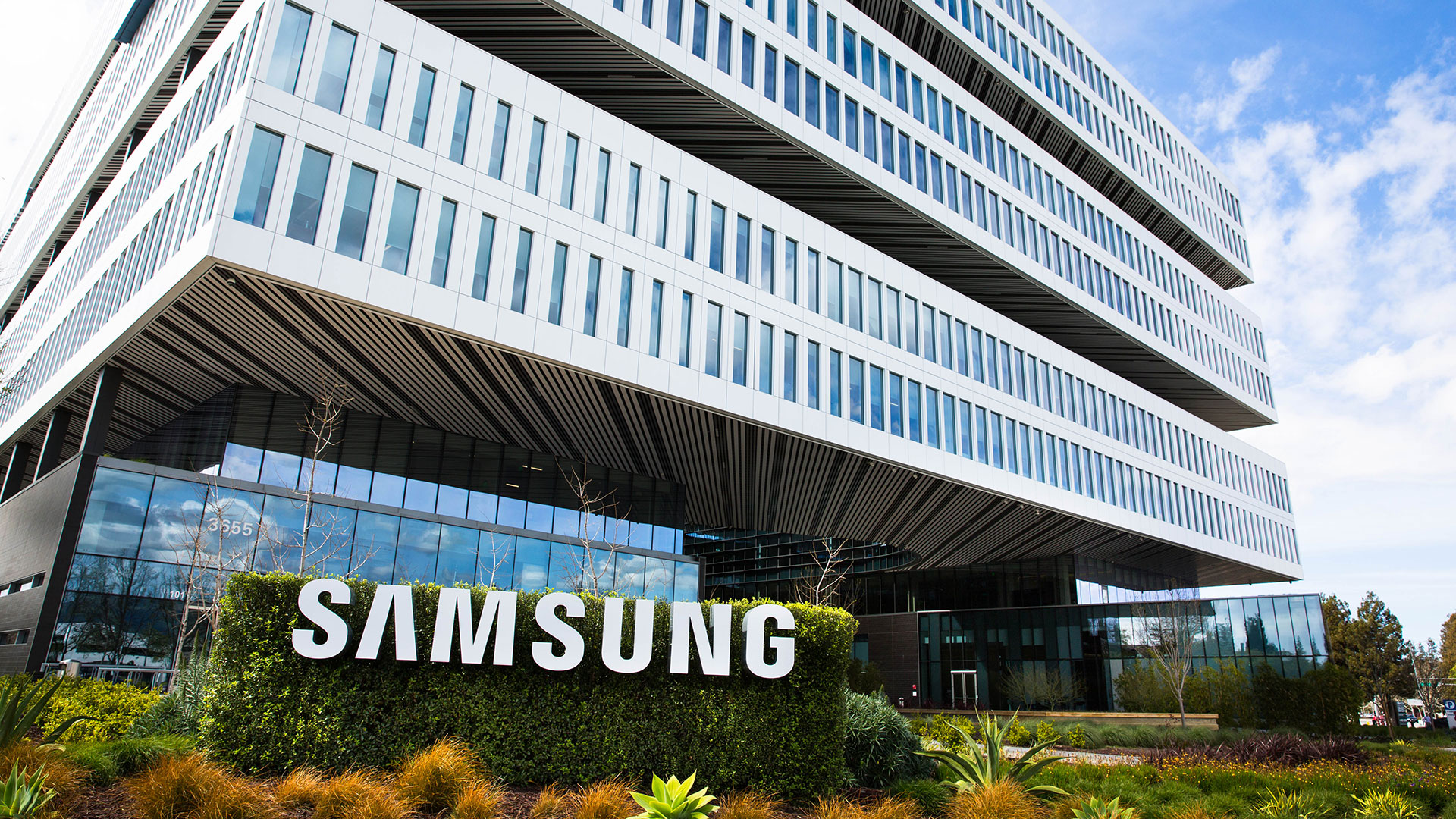
Samsung is reportedly delaying its Taylor fab near Austin, Texas to upgrade its fabrication output from 4nm to 2nm. According to Korean news outfit ETnews, Samsung has delayed its equipment orders for the Taylor fab as it considers the upgrade, and it will make a final decision in 24Q3. This rumor came around just as TSMC gave an update on the development of its 2nm node, and Samsung is set to give key details about its 2nm SF2 fabrication technology tomorrow.
The South Korean company is one of the biggest CHIPS act recipients, receiving $6.6 billion from the White House to expand its $44 billion Taylor, Texas facility. Samsung has previously said that it will beat TSMC to 4nm production in the U.S., with plans to start pumping out these chips by the end of this year. However, it seems that that is no longer enough as the AI hardware race is heating up, with Nvidia, the largest fabless chip designer and one of Samsung’s biggest clients, considering Intel and Huawei as formidable competitors.
Because of the fast pace of AI development, Samsung decided to work with Arm for its next-generation 2nm process. And since some of its key customers, like AMD, Qualcomm, and Nvidia, are all located in the U.S., it makes sense for it to build the production base of its upcoming technologies there.
Aside from that, it will also reduce its geopolitical risk as the East Asia region remains a potential flash point, especially with China’s ambitions in Taiwan and in view of South Korea’s belligerant relatives to the North. Although TSMC still plans to keep most of its production in Taiwan, it still has added remote self-destruct to its plants to deter an invasion.
The U.S. has invested more in the semiconductor industry last year than the last 28 years combined, but Nvidia’s CEO still says that it will take the U.S. over 20 years to achieve semiconductor manufacturing independence from China and Taiwan. In the meantime, Washington has to rely on TSMC for its advanced chip needs, so it must protect the island nation from external threats — because any invasion that affects advanced chip production will devastate the U.S. economy.







